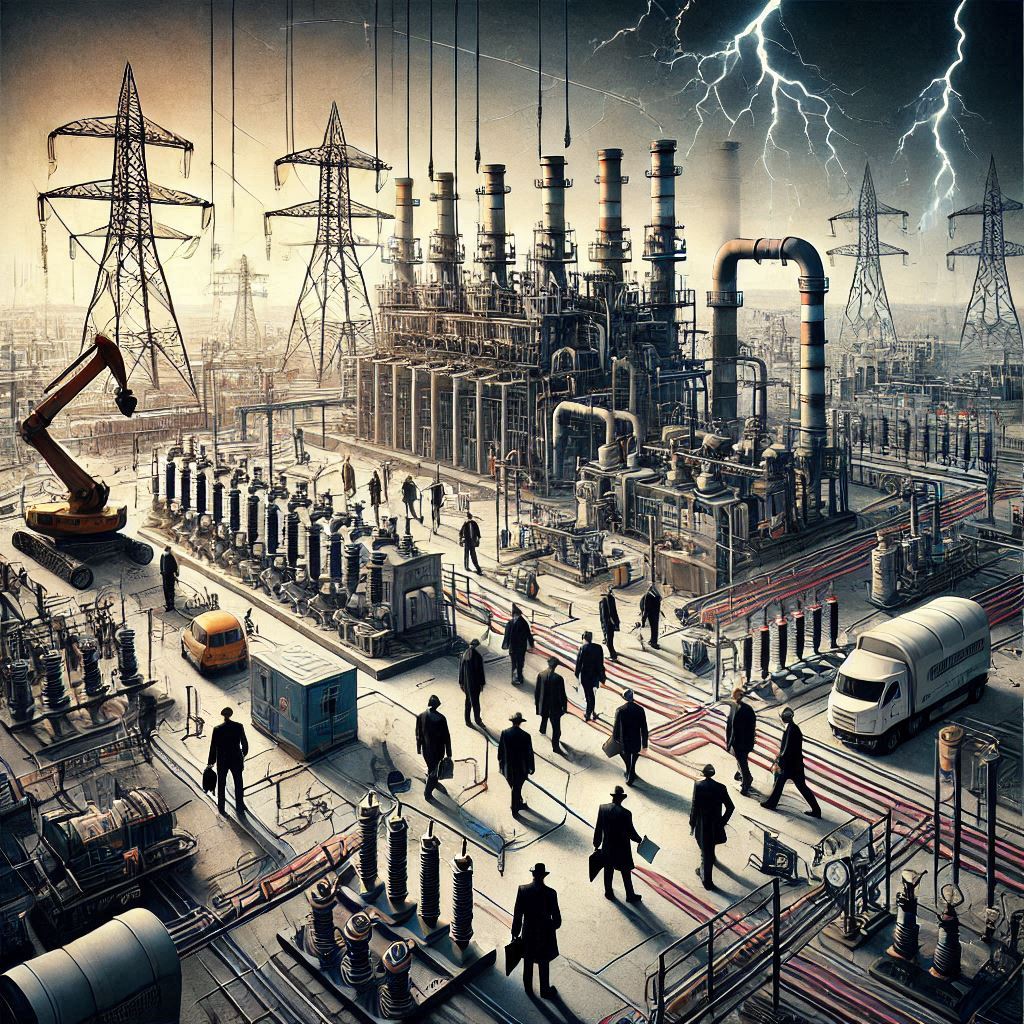Reforming NERSA requires more than cosmetic changes—it demands a comprehensive approach rooted in accountability, transparency, and technical competence. As South Africa’s energy future hangs in the balance, the regulator must evolve from reactive decision-making to proactive governance. By strengthening oversight, aligning with international best practices, and prioritizing consumer protection, reform can restore trust, stabilize the sector, and ensure that energy regulation serves the public interest rather than perpetuating inefficiency.
Category Archives: Power Quality Matters
Power Quality Matters involve detecting phase imbalances and ensuring that all phasors have equal magnitudes and are symmetrically phase-shifted by 120 degrees relative to each other.
Notice: JavaScript is required for this content.
My complaint against City Power Johannesburg highlights deeper systemic issues—poor accountability, unresolved service failures, and a lack of transparency. Despite repeated engagements, the concerns remain ongoing, leaving consumers frustrated and businesses exposed to unnecessary risk. Addressing these failures is not just about fixing one complaint; it’s about demanding a higher standard of governance and ensuring that utilities serve the public with efficiency, fairness, and reliability.
Managing South Africa’s electricity sector has become a balancing act between aging infrastructure, financial instability, and growing demand. Persistent load shedding, regulatory inefficiencies, and misaligned investment strategies continue to undermine progress. Without decisive reforms that prioritize governance, sustainability, and innovation, the sector risks deepening the energy crisis and stalling economic growth. The challenge is clear: transform the system or face escalating instability.
Power quality directly impacts your bottom line—poor quality erodes equipment, drives up maintenance costs, and disrupts operations. High-quality power, on the other hand, ensures efficiency, reliability, and longer asset lifecycles. By investing in monitoring and proactive management, businesses can reduce hidden losses, improve productivity, and secure a competitive edge in today’s energy-intensive economy.
Unbalanced power networks are more than a technical nuisance—they erode efficiency, shorten equipment lifespans, and inflate operating costs. Understanding power quality is essential for identifying hidden risks such as voltage fluctuations, harmonics, and load imbalances. By prioritizing monitoring and corrective strategies, organizations can improve reliability, reduce downtime, and ensure that their energy systems support both sustainability and long-term profitability.
NERSA’s role in South Africa’s electricity sector is pivotal, yet increasingly contested. As the regulator, it must balance utility sustainability with consumer protection, but inefficiencies, opaque processes, and inconsistent decision-making have eroded trust. A critical examination reveals the urgent need for reform—strengthening transparency, aligning with global best practices, and ensuring that regulation drives stability, efficiency, and fairness across the energy landscape.
Power quality has a direct influence on client billing—hidden inefficiencies, voltage fluctuations, and unbalanced loads can inflate costs without delivering real value. Poor quality not only damages equipment but also distorts consumption patterns, leading to inaccurate charges and higher operational expenses. By improving monitoring and corrective measures, utilities can ensure fair billing, reduce unnecessary losses, and strengthen trust with their clients.






